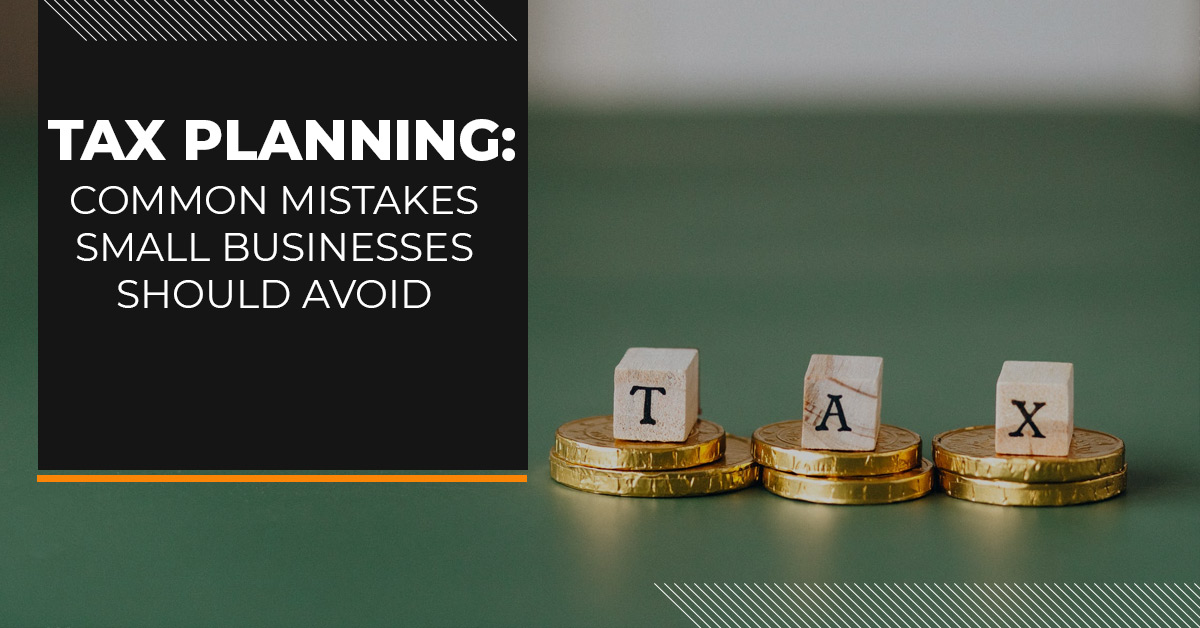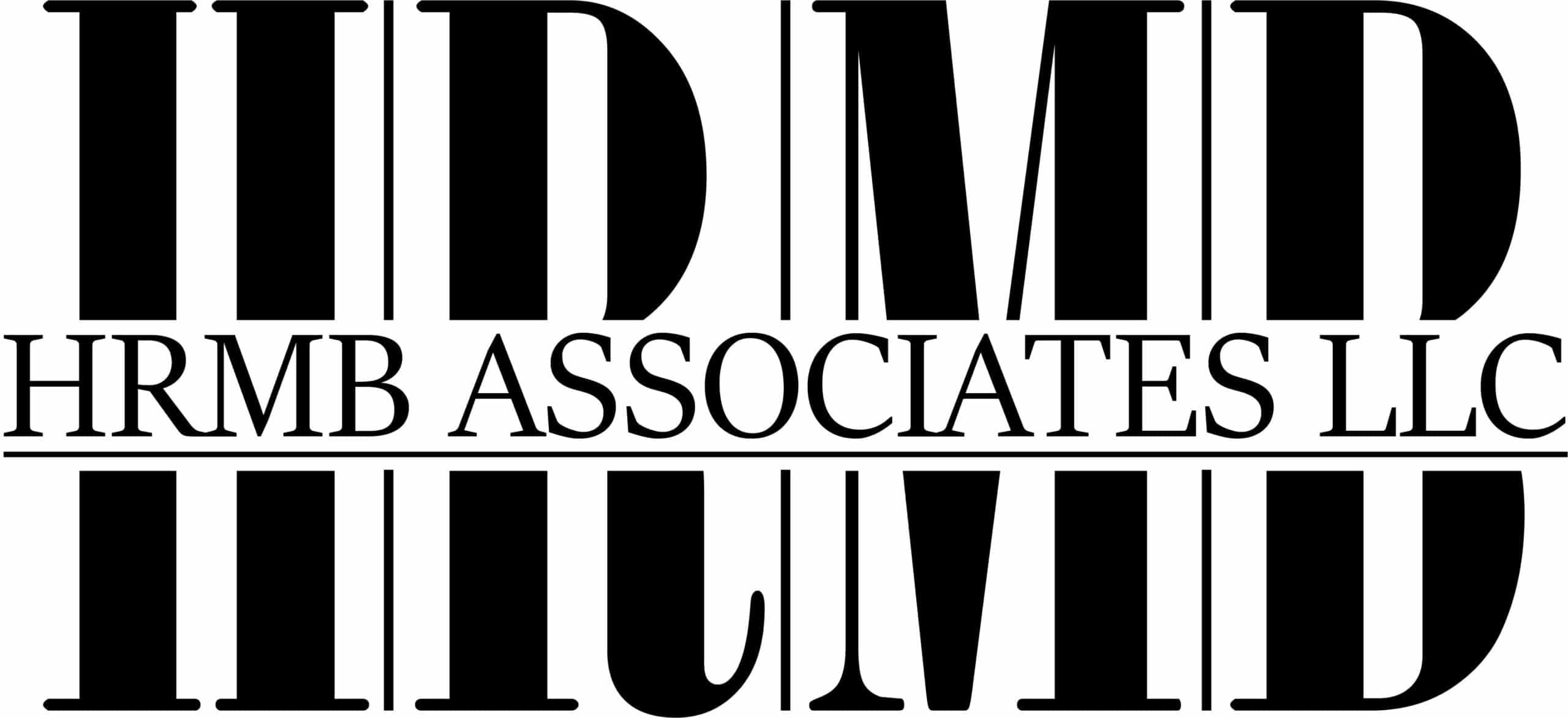Tax Planning: Common Mistakes Small Businesses Should Avoid

In this blog, we will learn about tax planning, and to make sure you make the perfect decisions for your small business; we will put together common mistakes to avoid in tax planning. Moreover, avoiding these mistakes may also save precious time, money and prevent headaches.
What Is Tax Planning?
The analysis of a financial plan or situation is called tax planning. It ensures that all elements work together to allow you to pay the lowest taxes possible. Moreover, tax efficiency refers to a plan that minimizes how much you pay in taxes. Reducing tax liability and maximizing the ability to contribute to future plans is significant for success.
It generally covers numerous considerations such as the timing of income, its size, purchases, and planning of other expenses. Moreover, selecting investments and retirement plans shall compliment the tax filing status and deductions to create the best possible result.
Common Tax Planning Mistakes To Avoid
Failure to plan is planning to fail. The adage applies to different aspects of life, including taxes. Let us find some of the most common tax planning mistake for small businesses should avoid.
Waiting Too Long To Track Expenses
Many small business owners handle day-to-day activities and wait until the absolute last minute to track their tax expenses, primarily around the tax season. It’s like you don’t study all semester and wait until the last minute to mug up before the exam. However, if you were to learn and do homework all year long, you would most likely be well prepared and do well in the exam.
This same idea applies to your taxes. Spending enough time on your taxes throughout the whole year and tracking your expenses and incomes will help you minimize the costs. Moreover, you will not forget about anything and get great tax deductions. Experts suggest scheduling 30 minutes to an hour to track expenses and income regularly can be a great option.
Disorganization
If you are one of those who wad up receipts and don’t keep track of receipts and tax documents at all, you need to start tax planning right now. All you have to do is to keep major tax documents and receipts with you throughout the year to avoid the chances of missing out on deductions or incurring penalties.
Not Understanding The Difference Between Tax Planning And Tax Compliance
Not understanding the difference between tax planning and compliance is common tax planning mistakes. The tax compliance season commences from January through April, and during this period, tax professionals gather your data to prepare your return. If that is the first time you see your tax planner, you may be leaving thousands of dollars as you didn’t keep track of your expenses all year long.
With the help of a tax planner, one can make unique strategies to save money on taxes. Moreover, your tax planner will ask you questions regarding your family, lifestyle, and future goals. In short, tax planning is a must if you are looking to minimize your tax savings.
Refund Shopping
Don’t fall for a tax planner who promises you the highest refund without knowing your tax situation. They may be convinced to stretch rules to meet promises and leave you on the hook for the consequences. It is quite significant to research your tax planner wisely before taking any decision.
Failing To Adjust Withholding
If you fail to withhold the proper amount of taxes from each paycheck, you might have to face a huge tax bill, along with penalties if the underpayment is quite big. In such situations, tax planners can help small businesses a lot.
Investing Without Gaining Proper Clarity
Apart from financial goals, small businesses need to evaluate tax-saving investments on the following parameters:
Liquidity
This primarily means when you need the money for your financial goals, will you be able to get it? Are there any penal charges for premature withdrawals?
Taxability
Business owners often check tax benefits at the investment time and overlook things such as taxation of income, taxability of early withdrawal, and maturity proceeds. It will give you a comprehensive perspective on the overall tax efficiency of your investment.
Risk
Some investments are generally volatile, for instance, equity, but can offer huge returns in the long term to beat inflation. However, you need to ask yourself if you are comfortable tolerating some volatility? How much equity can I invest and sleep peacefully?
Also read:- The Future Of Outsourcing Accounting Services In The Aftermath Of Coronavirus Pandemic
Not Preparing Before Meeting Your Tax Expert
If you already work with a tax planner, make sure that every quarter, at a minimum, you need to discuss different strategies to minimize your taxes. Small business owners should always come to them prepared to get the most out of your tax planner. Moreover, it will help you raise important questions.
Ask them about requirements from your locality or state, ask them to define what certain tax laws mean, retirement plans. The best you can do is to make a list of questions before meeting with your tax planner to ensure a polished tax return and a coherent strategy that will help you make strong business decisions.
Why Choose HRMB Associates LLC?
Though outsourcing tax planning is not new, many business owners are still unaware of the major benefits of outsourcing their tax planning and accounting support. However, if you outsource your tax planning to HRMB Associates LLC, you will get numerous benefits such as:
Systematic Data Collection
Data collection is considered one of the major benefits of outsourcing tax planning services. Generally, accountants are busy during the task season, and handling data collection, emails, and questions become challenging. However, if you partner with HRMB Associates LLC, your data will be promptly collected, organized, and stored to avoid mistakes.
Well-Versed In Tax Laws And Regulation
Our experts strive to make their clients’ businesses grow more and more. They remain updated with tax laws and legislation. Moreover, our team consists of accountants, tax planners, experts reading up on the rules, and other members collecting and organizing data.
Top-Notch Security
Along with top-notch accounting software, HRMB Associates LLC values security almost above all else. Generally, bookkeepers and accountants work by saving files on their devices where sensitive data can easily be hacked. However, we help by deploying security measures that allow a safer environment to exchange sensitive information.
Partner with HRMB Associates LLC if you have made up your mind to outsource your tax-related services. We have been offering comprehensive accounting and financial services for several decades. We offer a wide range of services such as data entry, bookkeeping, HR consulting, tax preparation, and planning at the most affordable prices. Head over to our website if you have any queries regarding our services.


